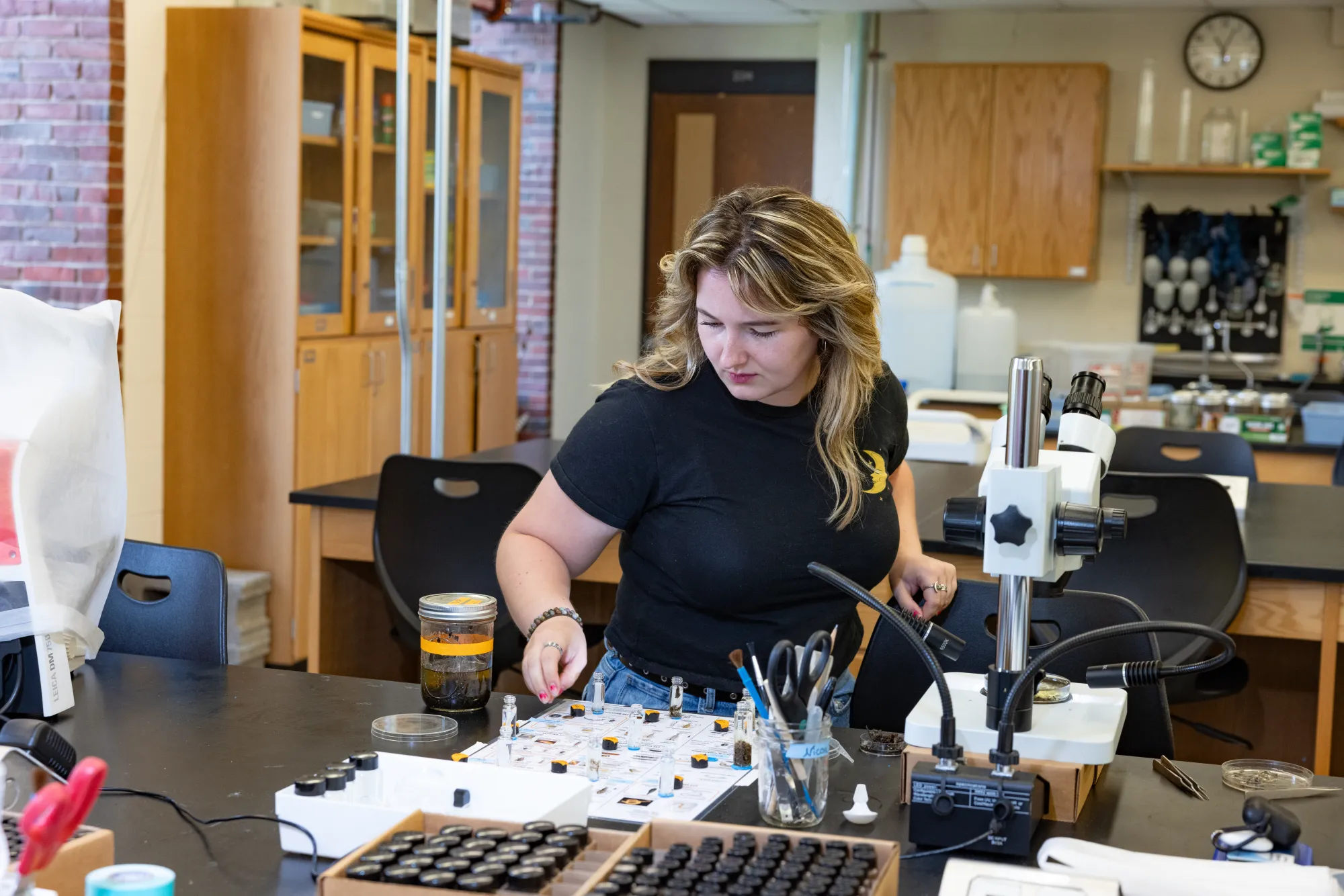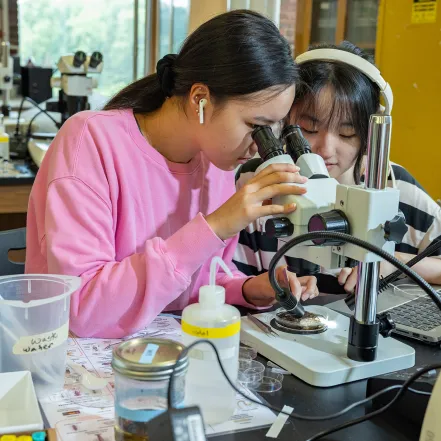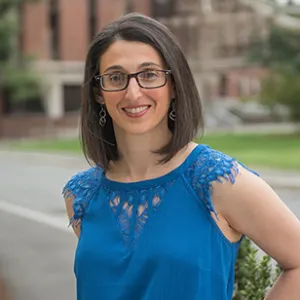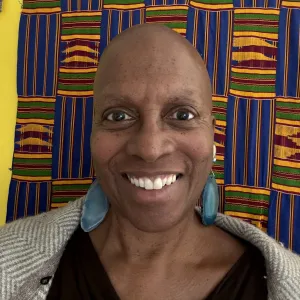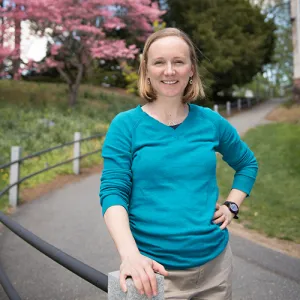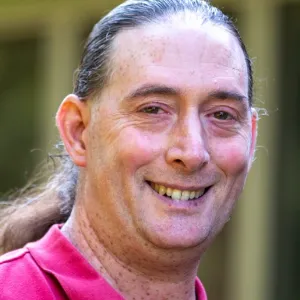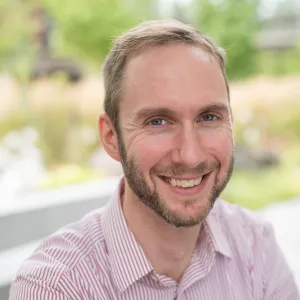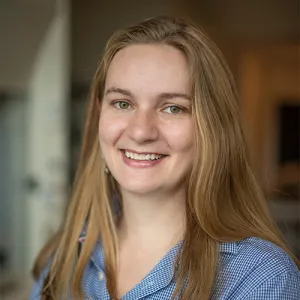AEMES
The AEMES (Achieving Excellence in Mathematics, Engineering and Sciences) programs serve students interested in science, technology, engineering and mathematics (STEM) and promote the success of students from social groups historically underrepresented in those fields. We seek to ensure access for all students interested in enrolling in STEM courses and in obtaining research experiences. AEMES facilitates success by focusing on three key areas: recruitment, gateway experiences and capstone experiences. We aim to increase the number and retention of students from underrepresented groups, to ensure success in our introductory STEM courses, and to support students interested in completing honors and special studies projects.
AEMES Scholars Program
The AEMES Scholars programs are dedicated to building a community of diverse students in those fields at Smith. Core components of AEMES Scholars include:
- Research with a member of the STEM faculty
- Enrollment in seminars that enhance skills for achieving academic goals
- Participation in the Peer Mentoring Program
- Leadership opportunities
- Community building
McKinley Honors Fellowship Programs
To encourage all eligible Smith students to undertake an honors thesis in science, technology, engineering, or mathematics, the AEMES McKinley Fellowship Programs include the Honors Fellows and the Junior Pre-Honors Fellows for eligible seniors and juniors, respectively. Our goal in offering these fellowships is to enable qualified students to pursue independent research that leads to a successful honors thesis and fulfill their work-study obligation by working with their sponsoring faculty member. These fellowships provide leadership opportunities in the form of presentations and interaction with students who may pursue honors in the future.
These fellowships are meant for students with high potential for success in research, who want to devote time to research, but whose financial need might obligate them to engage in work-study positions instead. Therefore, work-study status and financial need are crucial considerations in the McKinley applicant selection process.
Peer Mentoring Program
Established in 1995 with funds from HMMI and Janet McKinley ’76, the Peer Mentoring Program seeks to ensure access for students interested in STEM subjects, including those from social groups historically underrepresented in these fields (such as students of color and students who are first in their families to attend college). Incoming students who intend to major in math, computer science, engineering, or science are paired with a returning student who usually majors in the same field. Mentors and mentees participate in networking, support and social activities throughout the academic year.
Mentoring Responsibilities
“Being a part of AEMES was one of the best decisions I made before coming to Smith. AEMES allowed me to have a group of people to feel comfortable and vulnerable with.”
Program Leaders
The AEMES Programs are led through a team-based approach involving students, faculty, and staff. Working together, our groups offer programming and build community within AEMES and among the greater Science Center community at Smith.
Mentoring Team
The AEMES Team is a small group of faculty and staff who lead the AEMES programs.
Program History
Conferences & Funding
Attending Conferences
Every year, the Office of STEM Advising and Mentoring provides advising and occasional financial support for students to attend selected conferences.
“Without a doubt, I would not be where I am without the help of a dedicated mentor and support group. Having those relationships were crucial to my success. I strongly believe in “paying it back” or helping others in the same way I was helped.”
Contact AEMES
Bass Hall 112
Smith College
Northampton, MA 01063
Lisa Mangiamele, Faculty Director
413-585-3879 | Sabin-Reed Hall 453
lmangiamele@smith.edu
Valerie Joseph, Administrative Director
413-585-2638 | Bass Hall 112
vjoseph@smith.edu
